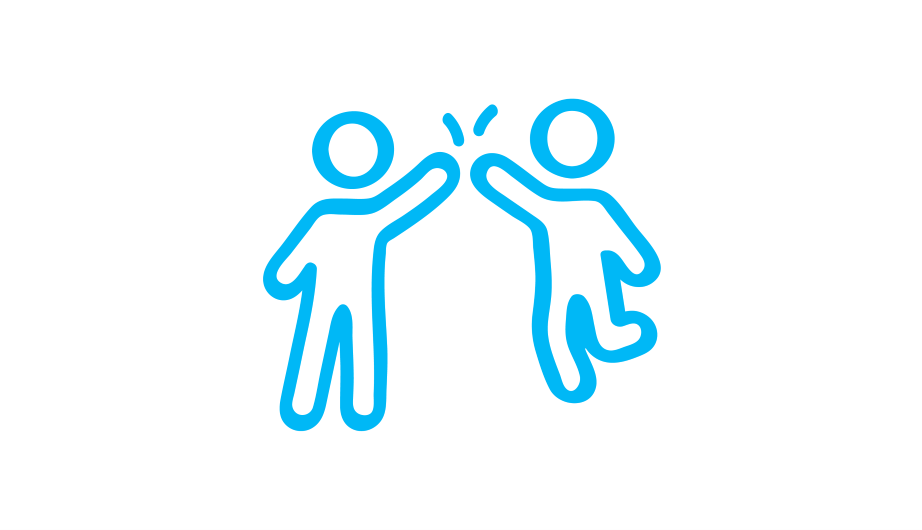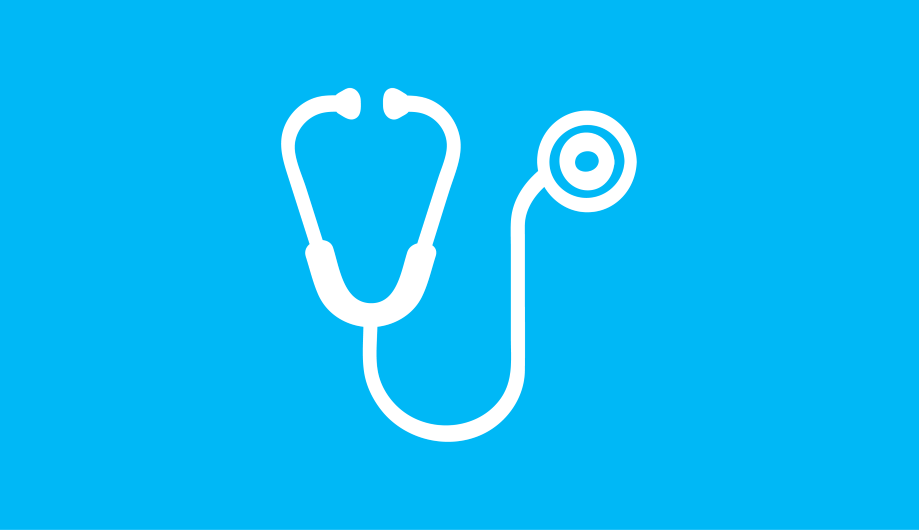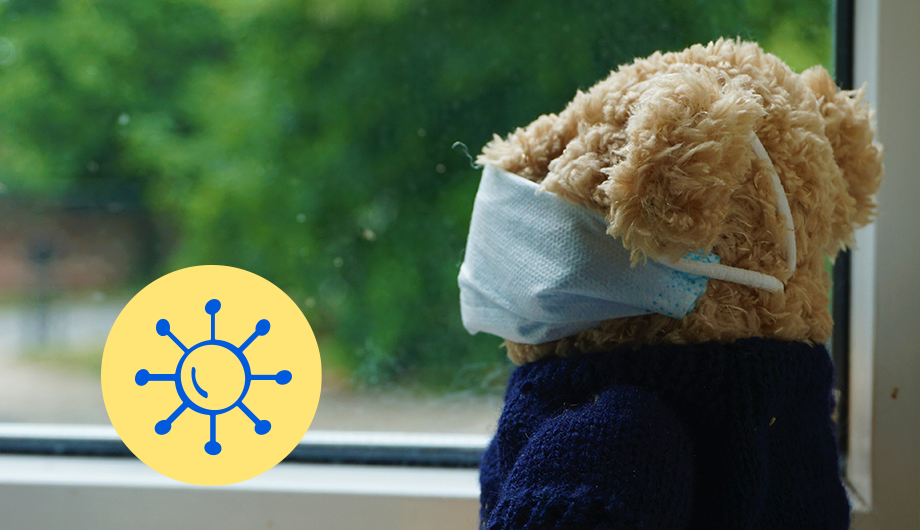Download the Information Sheet: Health and challenging behaviour
Watch the video about ‘Health and challenging behaviour.’
Reasons for health problems
There are many reasons for health problems in children and adults with learning disabilities. These include:
- Some syndromes are linked with specific illnesses, e.g. people with Down Syndrome are more prone to heart or lung problems
- Communication problems make it harder for people to tell others when they feel ill; or they may have difficulty in understanding and following treatment plans
- It may be hard for the person to complete daily living skills, e.g. washing, brushing teeth etc., which may increase the chance of infections
- Lifestyle factors such as an unhealthy diet, limited exercise and shared housing
- GPs and other healthcare professionals may lack knowledge and experience of treating people with learning disabilities
- If a person behaves in ways that other people find challenging, some care and health care providers may be unwilling to give them the care and treatment they need
- Health professionals will sometimes overlook the symptoms of a physical illness, believing instead that they are part of the person’s learning disability. This is called ‘diagnostic overshadowing’
Some illnesses and health problems are very common amongst people with learning disabilities.
These include:
- Respiratory diseases & illnesses (e.g. asthma & pneumonia)
- Heart disease
- Cancer
- Sensory impairments (e.g., vision or hearing)
- Epilepsy
It is vital to think about health problems when assessing why a person is displaying challenging behaviour.
If an individual is in pain, they are more likely to display challenging behaviour. If this behaviour gets the child or adult what they want, they may be more likely to display it in the future.
What can I do to help someone with a learning disability stay healthy?
- Seek professional support for challenging behaviours that could impact on the person’s health
- Consider the possibility of a medical reason behind behaviours that challenge
- Ask health professionals to make ‘reasonable adjustments’ so the person you’re supporting can get the help they need
- If the person you care for needs to go to hospital, ask if they can have their own ‘Hospital Passport’
- If the person you care for refuses medical treatment and they are 16 years or older, make sure health professionals assess their capacity to make that decision in accordance with the Mental Capacity Act (2005)
- Support the person to get a Health Action Plan
- Support the person to join the Learning Disability Register
- Make sure the person receives an Annual Health Check
- Support the person to have a flu vaccine
- Make sure you are aware of any potential side-effects of the medications the person is taking and monitor them carefully
- Support the person to stay active
- Support the person to make healthy food choices
- Seek advice from a dietician if you are worried about a person’s weight or eating habits
Download the Information Sheet: Health and challenging behaviour
The following information sheet provides guidance for family members planning to support a loved one with a severe learning disability through non-emergency medical treatment. It covers waiting lists, reasonable adjustments and working in partnership with learning disability liason nurses.
Download the Information Sheet: Non-emergency healthcare treatment




